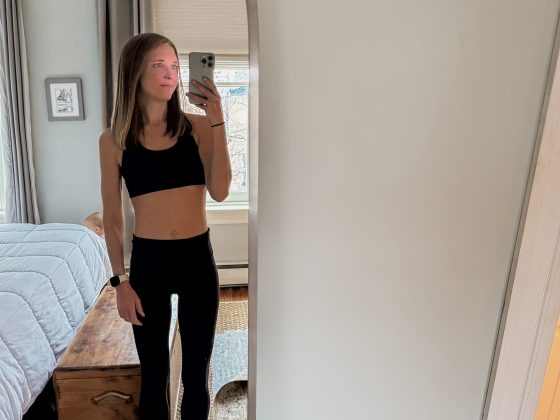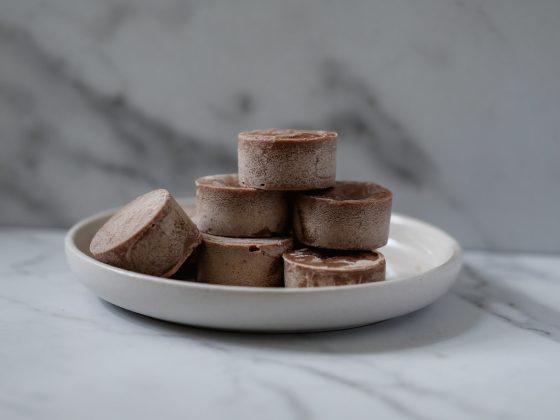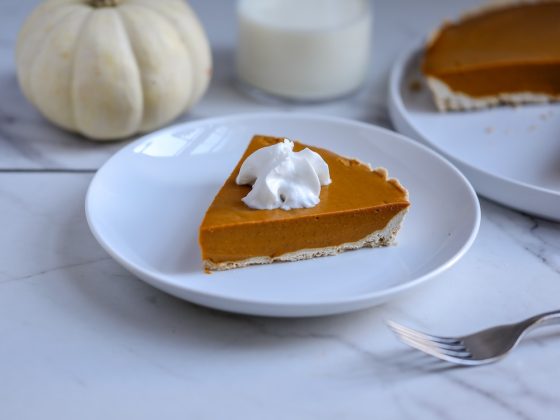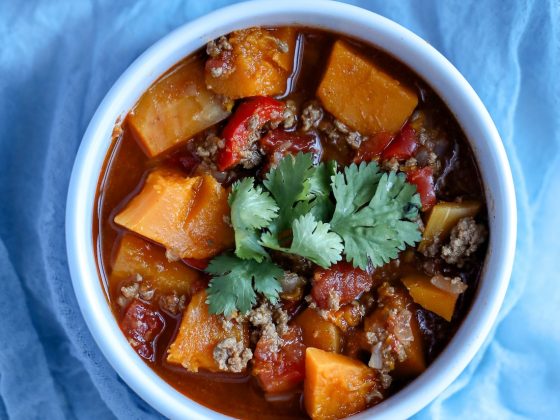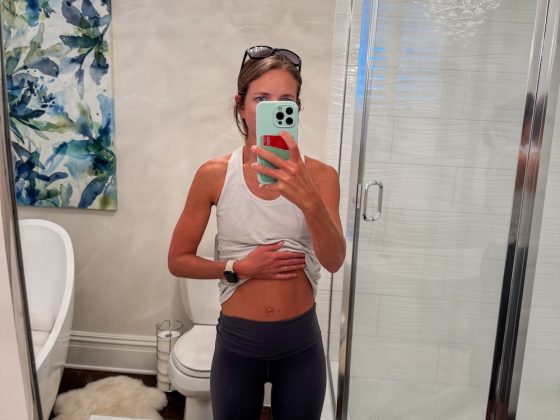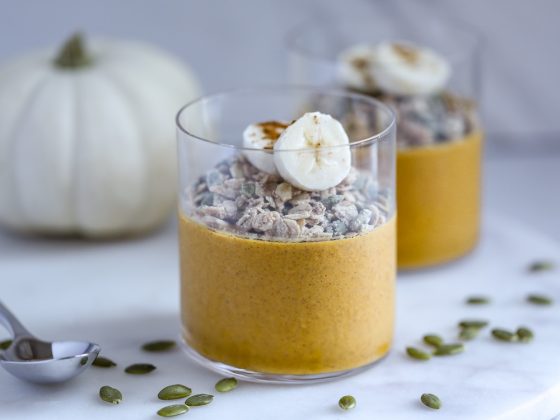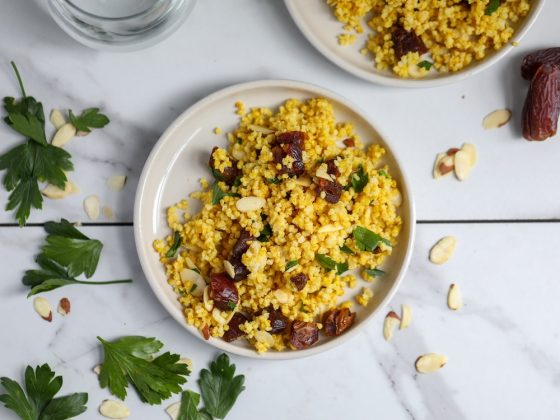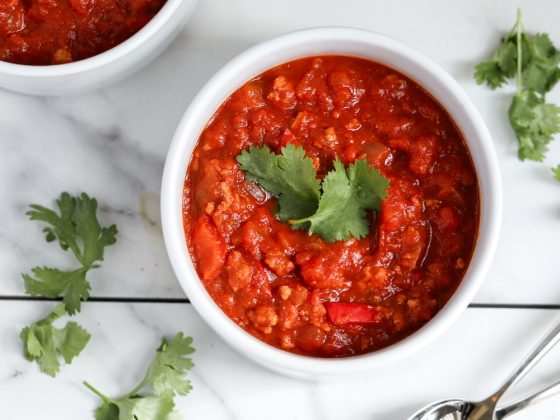Welcome to our new FAQ series on all things health! Have a question? Submit it here!
When I was health coaching, I not only worked with women one-on-one, but also in group settings. I would hold online classes and host wellness workshops. During this time, I received a lot of questions. This reaffirmed that there are so many still confused about both health and nutrition in the general sense, and also how it applies to them as an individual.
We are all different and unique, both biologically and in terms of our lifestyle. This is why blanket approaches to nutrition often fail. What works for one person, is not going to work for the next; a way of eating that is health supportive to someone could be harmful for another.
While science, education and information are tools to help someone with their health, my biggest piece of advice always comes back to tune in to what works for you. Your body is your best compass. If you learn to work with your body (rather than allowing negative self-talk and restriction create a chasm), it can be this beautiful relationship of balance. There is no perfection. As humans, we tend to have periods of veering off course. There may be days/weeks/months when you don’t feel your best self, but if you trust yourself to do what works for you, you can get back to a good feeling place.
I say all of this because the #1 question I get goes something like this:
There are so many different diet plans out there. How do you know which one is right for you?
Diet to me is like another 4-letter word. Although I prefer to use it interchangeably with “the way that you eat,” in this sense, it denotes a structure or strategy used for weight loss/maintenance. I also think to be on a plan can be a bit damaging. Rarely do things go according to plan; if there is a day you don’t stick to it, that can feel defeating.
When coaching, if I told someone to release the rules, restrictions, plans, and programs (especially if they weren’t working), they would look at me in horror. “If I was to do that,” they would reply, “I would completely go off the rails.”
First of all, this communicates a lack of trust for themselves. Secondly, I didn’t say to throw nutrition out the window, just the strict adherence to a certain way of eating. There are many facets of nutrition that are based in science. There are many that are not (more subjective, if you will). A focus on science + what works for you = nutrition success.
Overall, I try to avoid judgement and labeling when talking about food. When we judge something as “good” vs. “bad,” it immediately draws in emotion. For example, if we were to do or eat something “bad”,” whether consciously or subconsciously, we would feel guilt or shame as a result. Guilt and shame are very powerful emotions, and we are not meant to feel them in the face of food. Instead, food can be categorized as “nutritious” vs. “not nutritious.” There are those foods that benefit us physiologically, and those that don’t. There are also those foods that act as anti-nutrients (i.e. sugar), which actually deplete your body of vitamins and minerals as they are digested. This is science. When you can look at foods more objectively, you can remove the emotion that may be hindering your health goals, thus empowering you to make better choices.
Then to over-simplify, I advise people to eat more real food. It has almost become cliche by now, but it works. Eat more of the foods with one ingredient (i.e. apple, spinach, almond, salmon), and less of those processed, packaged foods with a list of ingredients a mile long you can’t read and understand. When you do eat food that comes in a package, educate yourself on what is inside. Read ingredients. If you don’t recognize an ingredient, your body probably won’t either.
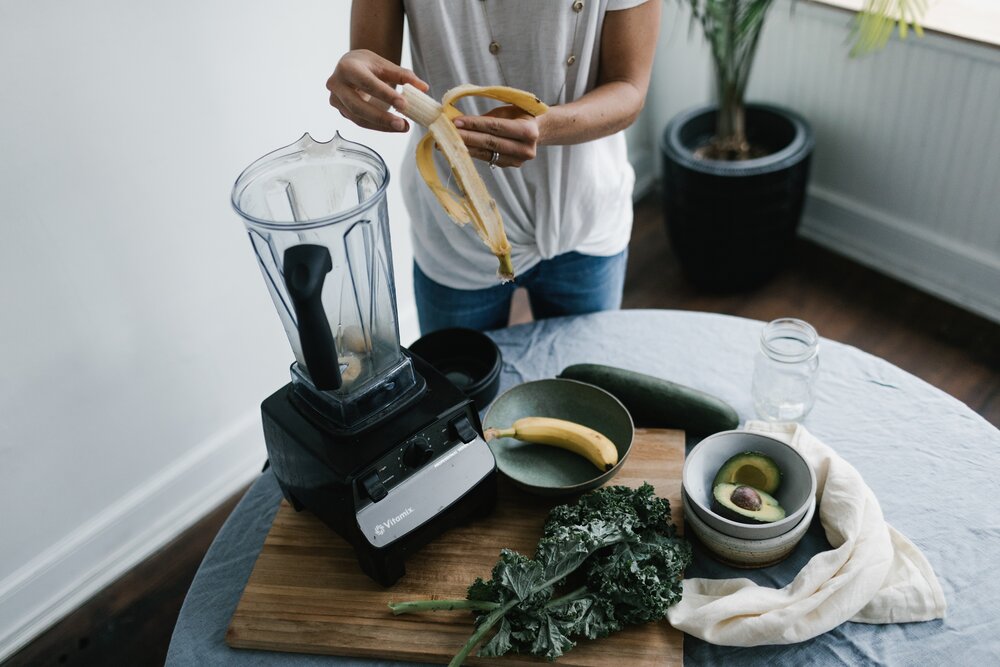
Secondly, eat to satiety. Research shows that when we overeat (even if it is healthy food), it can negatively impact your blood sugar and increases the chance for insulin resistance. Mindful eating helps. When you can sit down and be present with your meal, you are less likely to eat past the point of fullness. You will feel energized and lethargic. And the good news is you will eat again (hopefully 4-6 hours later, or 8-12 hours if overnight). You’re supposed to have energy after you re-fuel, not feeling like you want to take a nap.
Lastly, if fat loss is your goal (notice I said “fat loss,” not “weight loss”) then know that this is a hormonal experience. Food affects us chemically. You can’t just eat less and move more and expect that to be the answer. This is another post for another day, but when insulin (a storage hormone) is present in the bloodstream, fat cells get the memo to store fat; when it is low or non-existent, your body knows to burn stored fat. Again, an over-simplification, but basically the way insulin relates to fat loss in a nutshell.
If you remain confused about nutrition and how it applies to you, you’re not alone! Information is power, and it is a daily journey as no two days are the same.


